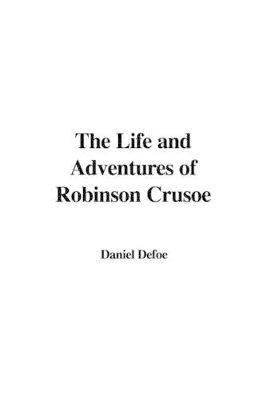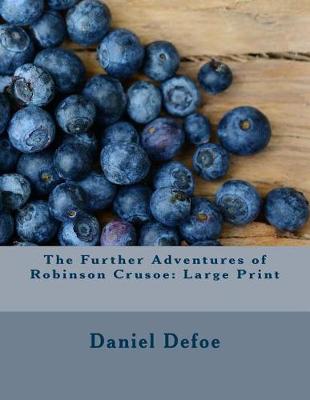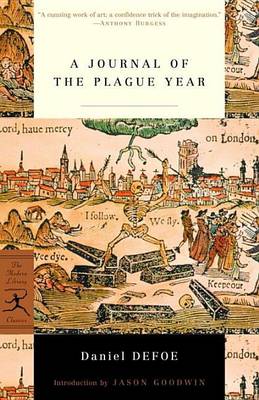Golden Classics
3 primary works
Book 18
This classic story of a shipwrecked mariner on a deserted island is perhaps the greatest adventure in all of English literature. Fleeing from pirates, Robinson Crusoe is swept ashore in a storm possessing only a knife, a box of tobacco, a pipe-and the will to survive. His is the...Read more
This classic story of a shipwrecked mariner on a deserted island is perhaps the greatest adventure in all of English literature. Fleeing from pirates, Robinson Crusoe is swept ashore in a storm possessing only a knife, a box of tobacco, a pipe-and the will to survive. His is the saga of a man alone: a man who overcomes self-pity and despair to reconstruct his life; who painstakingly teaches himself how to fashion a pot, bake bread, build a canoe; and who, after twenty-four agonizing years of solitude, discovers a human footprint in the sand... Consistently popular since its first publication in 1719, Daniel Defoe's story of human endurance in an exotic, faraway land exerts a timeless appeal. The first important English novel, "Robinson Crusoe" has taken its rightful place among the great myths of Western civilization.
Book 19
The Further Adventures of Robinson Crusoe; Being the Second and Last Part OF HIS LIFE, And of the Strange Surprising Accounts of his Travels Round three Parts of the Globe. The book starts with the statement about Crusoe's marriage in England. He bought a little farm in Bedford and...Read more
The Further Adventures of Robinson Crusoe; Being the Second and Last Part OF HIS LIFE, And of the Strange Surprising Accounts of his Travels Round three Parts of the Globe. The book starts with the statement about Crusoe's marriage in England. He bought a little farm in Bedford and had three children: two sons and one daughter. Our hero suffered a distemper and a desire to see "his island." He could talk of nothing else, and one can imagine that no one took his stories seriously, except his wife. She told him, in tears, "I will go with you, but I won't leave you." But in the middle of this felicity, Providence unhinged him at once, with the loss of his wife. Includes: Crusoe's return to his island, Crusoe's adventures in Madagascar, Crusoe's travels in Southeast Asia and China, and Crusoe's travels in Siberia.
Book 20
The shocking immediacy of Daniel Defoe's description of a plague-racked city makes it one of the most convincing accounts of the Great Plague of 1665 ever written.


